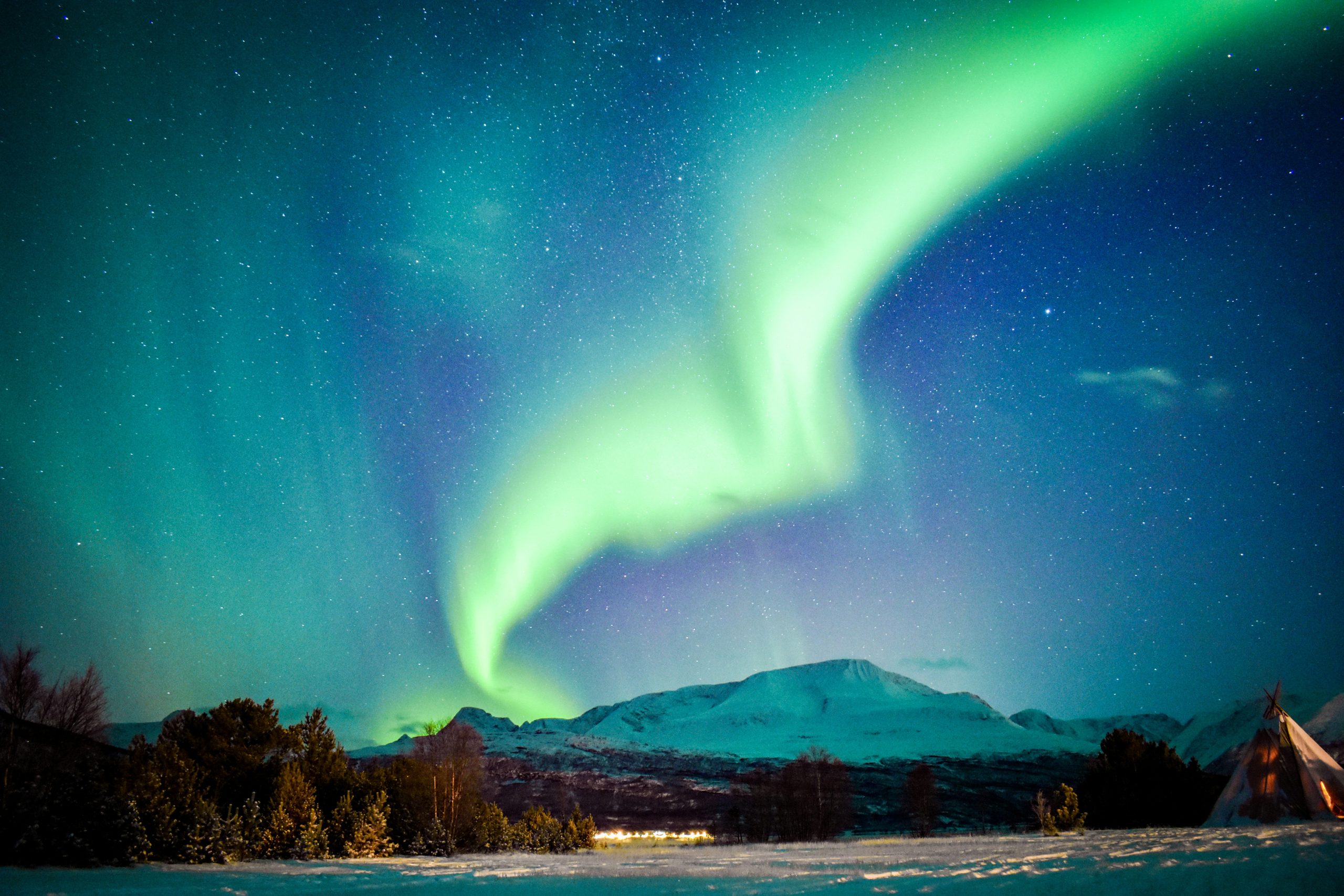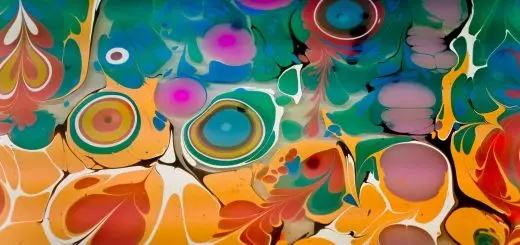Exploring Gallic Mythology: Ancient Tales

Looking for more amazing products? Check out our online store and explore our collection here! Happy shopping!
Before diving in, please note: This post is for informational purposes only. If you’d like to know more about how we approach topics, feel free to check out our friendly Disclaimer Page.
Hey there, amazing readers! 
We’re committed to delivering quality posts, and your support (even just sticking around despite the ads) means everything to us. So, bear with us, and thanks for helping us keep the good vibes rolling. Now, on to the fun stuff!
TRANSLATE BUTTON AT THE END OF THE ARTICLE
A Quick Overview
Gallic mythology, the traditional beliefs and tales of the ancient Gauls, offers a fascinating glimpse into the spiritual and cultural practices of this Celtic people.
Rooted in the rich history of the Gauls, this mythology is a tapestry of deities, legends, creatures, and rituals that shaped the worldview of the ancient Gauls.
From gods and goddesses to epic tales of heroism and adventure, Gallic mythology is a treasure trove of ancient wisdom waiting to be explored.
The Origins of Gallic Mythology
Gallic mythology traces its origins to the Iron Age Gauls, a Celtic people who inhabited the region that is now modern-day France, Belgium, Luxembourg, and parts of Switzerland.
The Gauls had a complex pantheon of gods and goddesses, each with their own distinct attributes and domains.
These deities were often associated with natural phenomena, such as the sun, moon, and earth, reflecting the Gauls’ deep connection to the natural world.
Deities in Gallic Mythology
The Gallic pantheon was vast and diverse, with gods and goddesses representing various aspects of life and nature.
Some of the most prominent deities in Gallic mythology include:
Taranis: The god of thunder, often depicted with a wheel symbolizing the sun.
Epona: The goddess of horses, associated with fertility and prosperity.
Cernunnos: The horned god of the forest and animals, symbolizing fertility and abundance.
Brigantia: The goddess of rivers and healing, revered for her healing powers.
Sucellus: The god of agriculture and prosperity, often depicted with a hammer and cup.
These deities played a central role in the religious practices and beliefs of the Gauls, guiding them in times of need and celebration.
Legends and Stories of Gallic Gods
Gallic mythology is rich in epic tales and legends that recount the deeds of the gods and heroes of the ancient Gauls.
Stories of divine interventions, heroic feats, and epic battles are woven into the fabric of Gallic mythology, reflecting the values and beliefs of the Gauls.
From the creation of the world to the exploits of legendary heroes like Vercingetorix, Gallic myths are a testament to the creativity and imagination of this ancient civilization.
The Influence of Roman and Celtic Mythology
The Gauls were heavily influenced by both Roman and Celtic mythology, resulting in a syncretic blend of beliefs and practices.
Roman gods and goddesses, such as Jupiter and Minerva, were often equated with their Gallic counterparts, leading to a fusion of religious traditions.
Similarly, Celtic deities and myths found their way into Gallic mythology, enriching the cultural tapestry of the Gauls with diverse influences.
Creatures and Beings in Gallic Myths
Gallic mythology is populated with a diverse cast of creatures and beings, from noble dragons to mischievous fairies.
These mythical beings played a crucial role in the folklore and storytelling of the Gauls, serving as symbols of wisdom, power, and mystery.
Creatures like the manticore, a mythical beast with the body of a lion and the head of a man, and the gruagach, a shape-shifting trickster spirit, added depth and intrigue to Gallic myths.
Rituals and Practices in Gallic Religion
The Gauls practiced a variety of rituals and ceremonies to honor their gods and goddesses, seeking their favor and protection.
From elaborate sacrifices to sacred festivals, the religious practices of the Gauls were an integral part of their daily lives.
Druids, the priestly class of the Gauls, played a central role in overseeing these rituals and interpreting the will of the gods, guiding the spiritual life of the Gauls.
Gallic Mythology in Modern Culture
Despite the passage of time, Gallic mythology continues to captivate and inspire people around the world.
Its timeless tales of courage, wisdom, and magic have found their way into modern literature, art, and popular culture, keeping the spirit of the ancient Gauls alive.
From fantasy novels to blockbuster movies, the legacy of Gallic mythology endures as a testament to the enduring power of storytelling and imagination.
Comparisons with Other European Mythologies
Gallic mythology shares similarities with other European mythologies, such as Norse, Greek, and Celtic myths, reflecting the interconnectedness of ancient cultures.
Themes of heroism, destiny, and the eternal struggle between good and evil are common across these mythologies, highlighting the universal truths and values that have resonated with humanity for centuries.
By comparing and contrasting Gallic mythology with other European myths, we gain a deeper understanding of the shared heritage and beliefs of ancient civilizations.
Archaeological Evidence of Gallic Beliefs
Archaeological excavations have uncovered a wealth of artifacts and inscriptions that shed light on the religious beliefs and practices of the ancient Gauls.
From ornate votive offerings to elaborate temple structures, these archaeological finds provide valuable insights into the rituals and symbolism of Gallic mythology.
The study of these artifacts has deepened our understanding of the spiritual world of the Gauls, revealing the intricate tapestry of beliefs that shaped their worldview.
Interpretations of Gallic Mythological Texts
Scholars and experts have dedicated years of study to deciphering and interpreting the ancient texts and inscriptions that contain Gallic myths.
Through linguistic analysis, comparative mythology, and historical research, these experts have pieced together the fragments of Gallic mythology, reconstructing the stories and beliefs of this ancient civilization.
By unraveling the mysteries of Gallic mythological texts, we gain a deeper appreciation for the cultural heritage and spiritual practices of the Gauls.
Rediscovering and Preserving Gallic Myths
In recent years, there has been a renewed interest in rediscovering and preserving Gallic myths for future generations.
Through academic research, cultural initiatives, and artistic endeavors, efforts are underway to safeguard and promote the legacy of Gallic mythology.
Museums, archaeological sites, and educational programs play a key role in preserving the stories and traditions of the Gauls, ensuring that their myths and beliefs continue to inspire and enchant audiences for generations to come.
Conclusion
Gallic mythology is a treasure trove of ancient wisdom and storytelling that offers a fascinating glimpse into the spiritual and cultural practices of the ancient Gauls.
From epic tales of gods and heroes to intricate rituals and beliefs, Gallic mythology reflects the values, beliefs, and creativity of this Celtic civilization.
By exploring the depths of Gallic myths, we gain a deeper appreciation for the rich tapestry of beliefs that shaped the worldview of the Gauls, keeping their legacy alive for generations to come.

The Enlightenment Journey is a remarkable collection of writings authored by a distinguished group of experts in the fields of spirituality, new age, and esoteric knowledge.
This anthology features a diverse assembly of well-experienced authors who bring their profound insights and credible perspectives to the forefront.
Each contributor possesses a wealth of knowledge and wisdom, making them authorities in their respective domains.
Together, they offer readers a transformative journey into the realms of spiritual growth, self-discovery, and esoteric enlightenment.
The Enlightenment Journey is a testament to the collective expertise of these luminaries, providing readers with a rich tapestry of ideas and information to illuminate their spiritual path.
Our Diverse Expertise
While our primary focus is on spirituality and esotericism, we are equally passionate about exploring a wide range of other topics and niches 

To ensure we provide the most accurate and valuable insights, we collaborate with trusted experts in their respective domains 
Our blog originally focused on spirituality and metaphysics, but we’ve since expanded to cover a wide range of niches. Don’t worry—we continue to publish a lot of articles on spirituality! Frequently visit our blog to explore our diverse content and stay tuned for more insightful reads.
Hey there, amazing reader! 
Check out our store here and take a peek at some of our featured products below! Thanks for being awesome!












